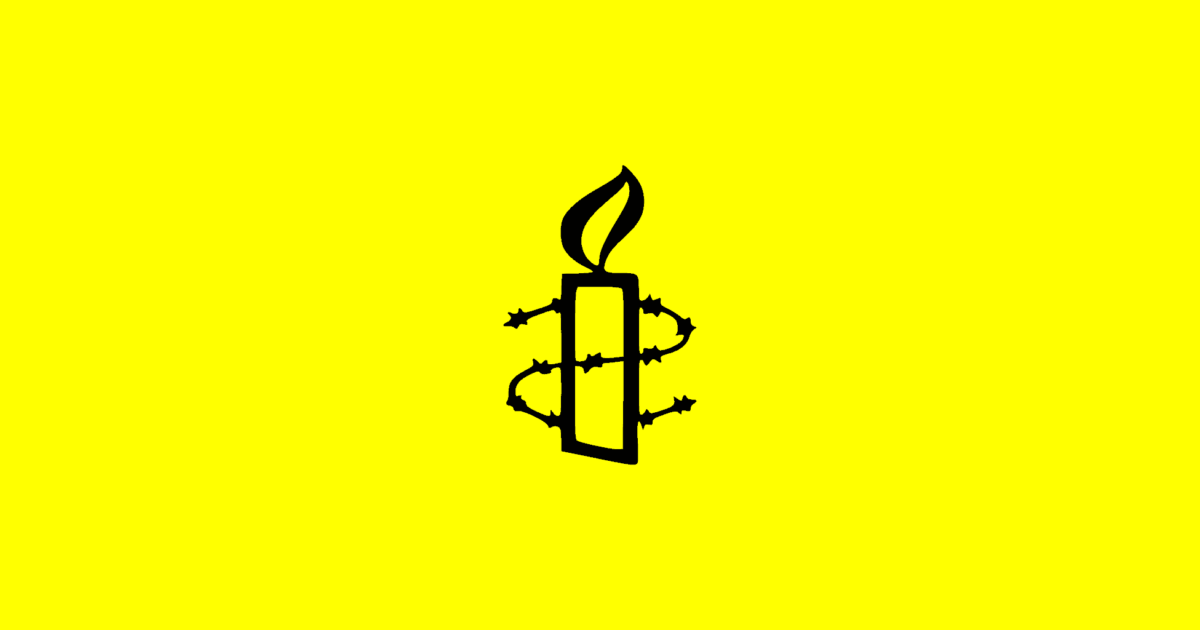Bosnia & Herzegovina
Bosnia & Herzegovina
During the years of the Bosnian War (1992-1995), women in Bosnia were subjected to systematic sexual violence and the genocide of their families— the impacts of which are still felt daily in the young country. Despite facing continuing marginalization, exacerbated by factors like high unemployment and low levels of education, women in Bosnia have come to occupy an important place in the post-conflict peace and reconciliation processes.
Many women in Bosnia have decided to seek justice for the estimated 20,000 women that were systematically raped during the conflict (Foreign Policy in Focus, 2012) rather than harbor anger and revenge, including taking steps to establish specialized tribunals for women to process violations against them during the war. More needs to be done, however, for women to become full and equal members of Bosnian society.
Based on the work of NGOWG members and their partners, the NGOWG advocates for the inclusion of all elements of the Women, Peace and Security agenda into the mandates for SFOR and EUFOR ALTHEA, the NATO, and EU missions currently in Bosnia.
Current and Past Recommendations to the UN Security Council (Monthly Action Points)
The Council is expected to discuss the situation in Bosnia and Herzegovina (BiH). Over the past 15 years little progress has been made in domestic courts in BiH in the prosecution of those responsible for torture committed in war-time, particularly for acts involving sexual violence. Despite some recent efforts, impunity still prevails and the majority of those responsible have not been brought to justice. In its expected discussions on the situation BiH, the Council and its States are urged to identify further measures to advance justice for survivors of sexual violence. These include establishing the number of survivors of war crimes of sexual violence; ensuring that the definition of war crimes of sexual violence in the BiH Criminal Code is consistent with the definition of such crimes in jurisprudence of international courts and in international standards; and greater protection and support to witnesses at the State Court.
Relevant Resources










